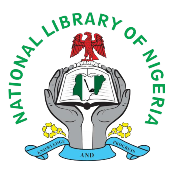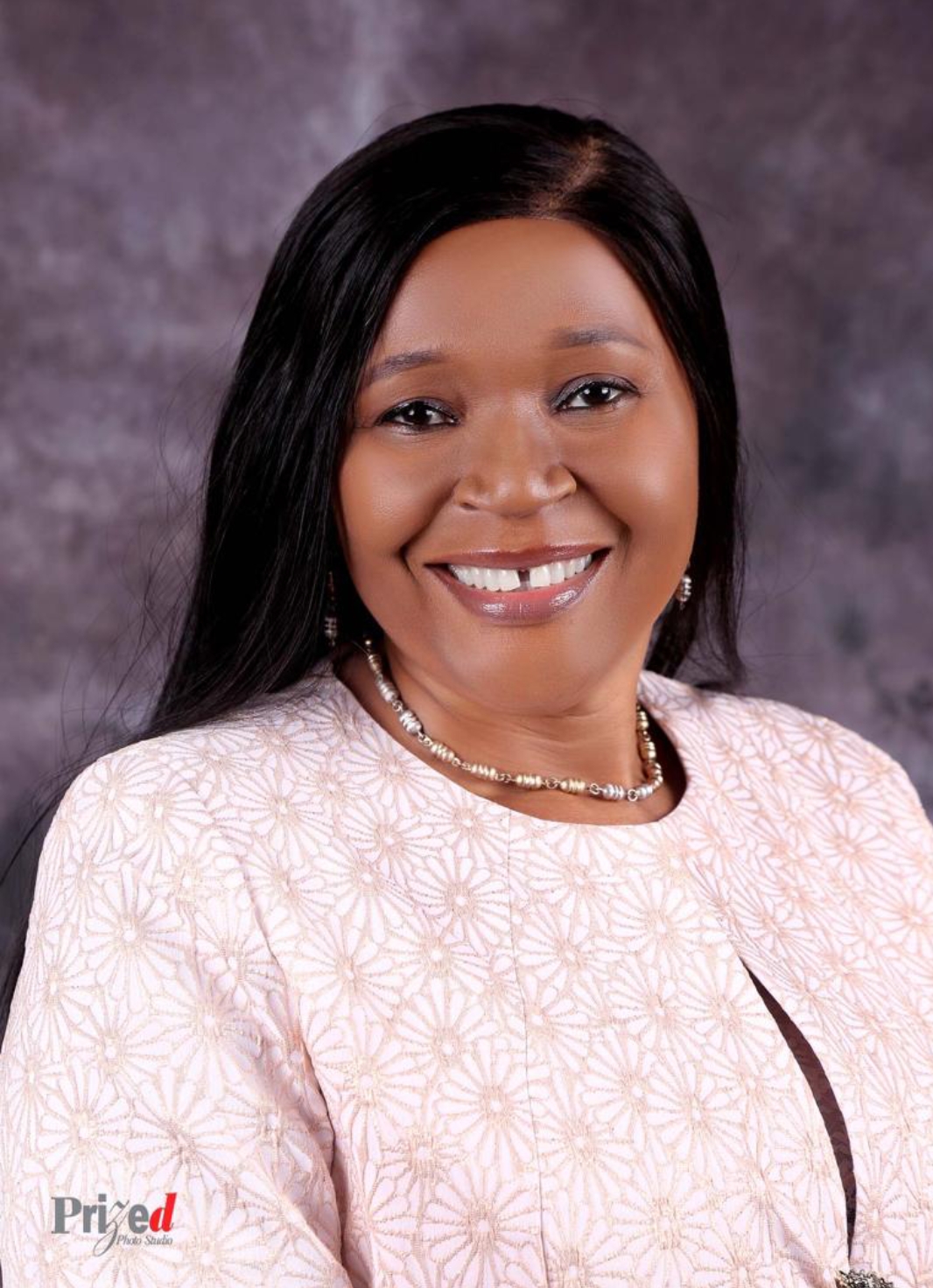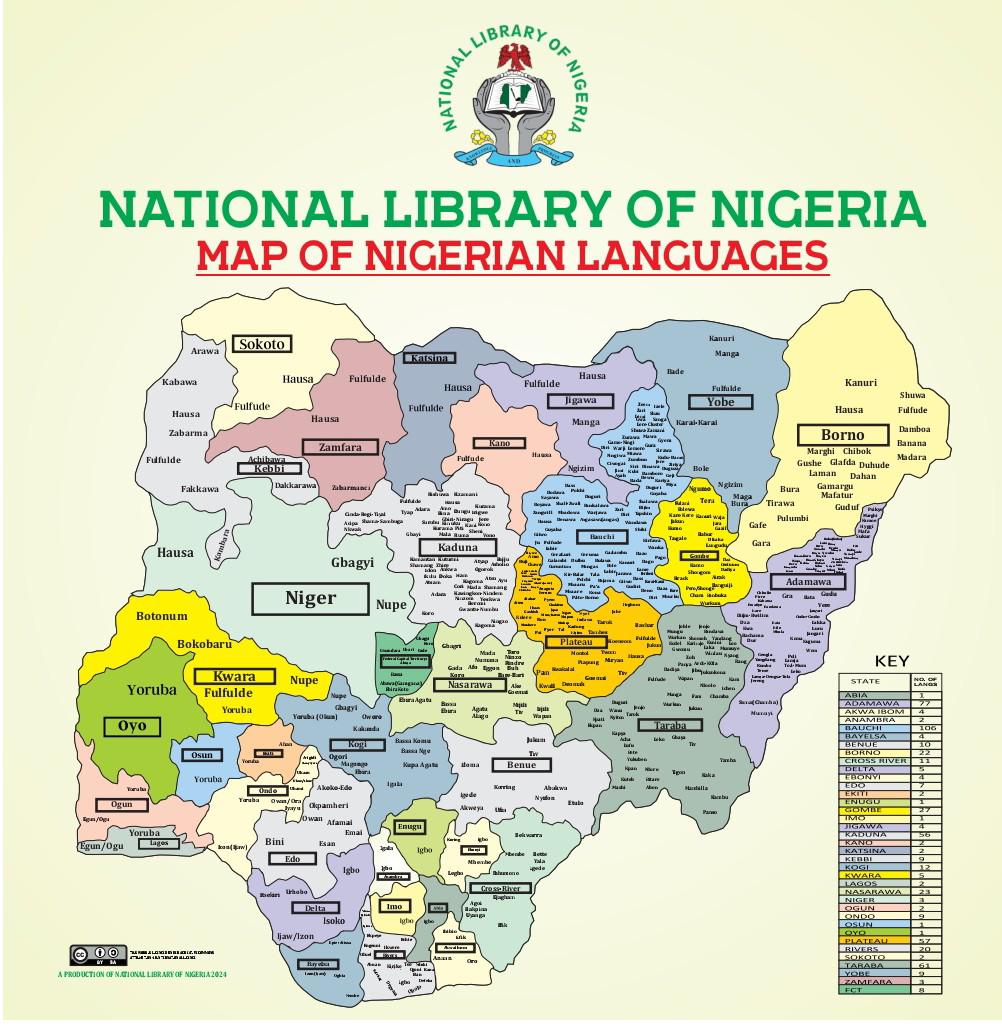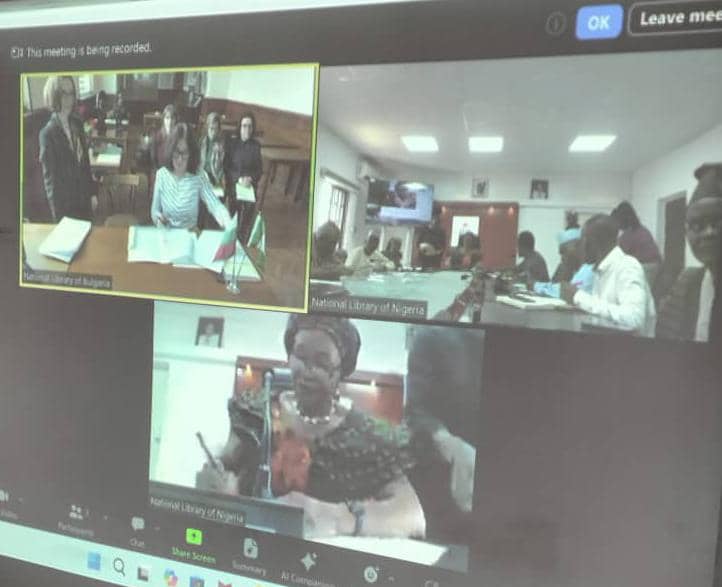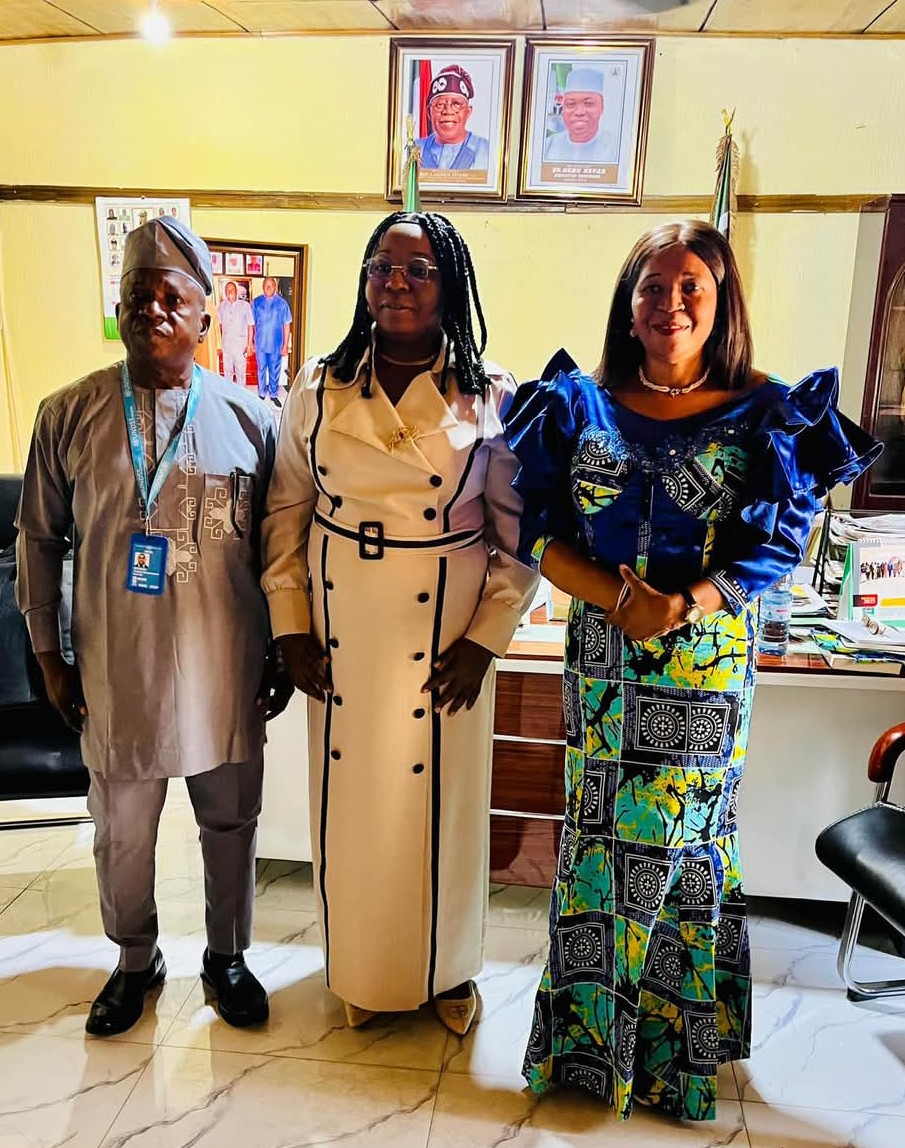Recently, the National Librarian led delegation, accompanied by a UNESCO representative, to pay a courtesy call on the Honorable Commissioner of Basic and Secondary Education in Taraba State, as well as the Vice-Chancellor of Taraba State University. This visit was part of a series of programs leading up to a high-level advocacy and technical meeting, organized in collaboration with UNESCO and the Taraba State Ministry of Basic and Secondary Education.
Dr. Stephen Onyekwlu, representing UNESCO, expressed appreciation for the Taraba State government's commitment to revitalizing disappearing indigenous languages. He highlighted the significance of this pilot project and its potential impact on the state's linguistic diversity.
The National Librarian emphasized the importance of preserving Nigeria's cultural heritage, particularly its indigenous languages. She explained that the National Library of Nigeria has taken on the challenge of advocating for the resuscitation and preservation of disappearing languages in Nigeria.
In response, the Honorable Commissioner thanked the delegation and commended the National Library's efforts in promoting the preservation of minority languages in Taraba State. She acknowledged that many of these languages are unknown or disappearing and welcomed the support of UNESCO in this initiative.
The delegation also visited Taraba State University, where they were received by Professor Surajo Ladan, Head of the Linguistics Department. He apologized for the absence of the Vice-Chancellor and the principal officers, explaining that the VC was engaged in an emergency election with the congregation.
This initiative is in pursuit of one of the eight-point agenda of Prof. Anunobi as the National Librarian, as well as part of the National Library of Nigeria's efforts to comply with the International Decade of Indigenous Languages (2022-2032), proclaimed by the United Nations General Assembly (Resolution A/RES/74/135). The goal is to raise global awareness about the critical situation of many indigenous languages and mobilize stakeholders and resources for their preservation, revitalization, and promotion.
